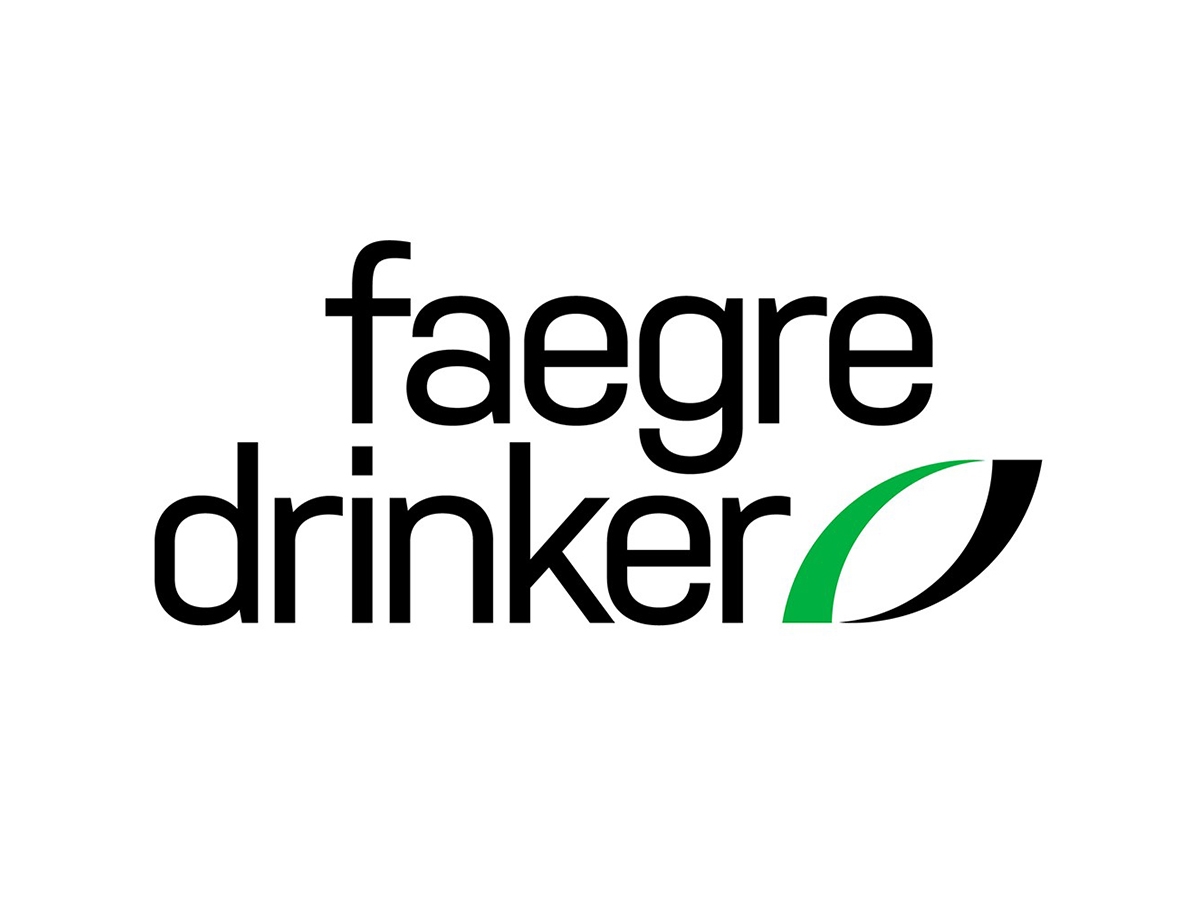Applying Luck Egalitarianism to Health Resource Allocation
By Hannah Rahim
Luck egalitarianism is a theory of political philosophy that provides that inequalities resulting from an individual’s informed choices are just and need not be reduced, whereas inequalities resulting from circumstances over which an individual has no control are unjust and should be reduced. The application of luck egalitarianism to health inequalities has some value when allocating health care resources, but it often conceptualizes health too narrowly and risks exacerbating existing unjust disparities. If luck egalitarianism is to be applied in developing health care policy, it must only be used in clearly defined circumstances and with a holistic approach.
Overview of luck egalitarianism in health care
Growing evidence suggests that individual lifestyle choices, such as physical inactivity, tobacco use, and unhealthy diets, are among the greatest risk factors for diseases in high-income countries. In response, health policymakers are considering whether personal responsibility should be a factor that is considered in the allocation of health care resources. While personal responsibility is sometimes considered when past actions influence treatment outcomes (e.g., patients with alcohol use disorder not being eligible for liver transplants), in general, the reasons for ill health are not an explicit consideration in most health decision-making in the U.S.
According to the theory of luck egalitarianism, if a person’s own choices result in poor health outcomes (option luck), they are responsible for these choices and society does not owe them assistance. On the other hand, if a person experiences poor health through no fault of their own (brute luck), society should ensure they have access to adequate care.
Arguments supporting luck egalitarianism
One line of support for luck egalitarianism is rooted in justice – it is unjust to take away health resources from those who acted prudently for the sake of those who did not act prudently. This argument is often discussed in the context of the allocation of scarce medical resources, such as operating rooms for heart surgery or organs for transplantation. When there are insufficient resources for everyone and individuals need to be prioritized, luck egalitarianism may offer a strategy for making prioritization decisions.
Beyond the concept of justice, some argue that luck egalitarianism supports respect for human dignity and autonomy by upholding the view that individuals should decide according to their free will and face ramifications accordingly. Supporters of luck egalitarianism argue that not considering personal responsibility in decision-making does not only wrong those who are prudent but also wrongs the imprudent by reducing their motivation to act responsibly.
Arguments against luck egalitarianism
Applying luck egalitarianism to health often results in an overly narrow conceptualization of health, implying that it can be lost or gained by a simple decision. Upstream social determinants of health are usually not within an individual’s control but may be mistaken for downstream “choices” by luck egalitarianists. For instance, an unhealthy diet leading to obesity may be because of socioeconomic disadvantage and living in a food desert rather than intentional choices. Luck egalitarianism can thus be problematic due to its regressive effect of further disadvantaging individuals who are already worse off.
Opponents have also criticized luck egalitarianism as harsh because some luck egalitarians turn a blind eye to all disparities that reflect any degree of choice – for instance, individuals who “choose” to take risky jobs or to live in areas prone to earthquakes, without considering the complex factors in their decision-making or the motives behind their actions.
Additionally, luck egalitarianism can also lead to discrimination. For instance, treating two people with disabilities differently because one was deemed to be responsible for their disability is discrimination. Also, the approach of comparing vulnerable or disabled individuals to determine who is most “deserving” of health care is rooted in an assumption that healthy, able-bodied individuals are superior. Furthermore, the process of determining which individuals with disability or ill health are “responsible” for their condition can be demeaning and encourage disrespect, victim blaming, and stigmatization.
Policy recommendations if applying luck egalitarianism to health care
Any adoption of luck egalitarianism in health resource allocation should be done carefully in a way that minimizes problematic aspects of the theory, as discussed above.
If luck egalitarianism is to be applied to health care, it should be applied in select circumstances where a) the risk of exacerbating existing disparities is low and b) it is possible to identify a true choice that led to ill health. For instance, individuals who experience ill health or injury after engaging in dangerous activities during leisure travel could be afforded lower priority in resource allocation, or be required to pay greater costs compared to the local population. Individuals who travel for leisure are a) less likely to be disadvantaged and b) their choices to engage in travel and dangerous activities may be closely related to their injury or ill health.
Responsibility for health outcomes should not be considered in isolation, as this would risk ignoring social determinants of health. Decision-makers should consider whether a person’s ill health is impacted by disadvantages in other spheres of life for which they are not responsible. Some proponents of luck egalitarianism state that luck egalitarian policy does contribute to reducing upstream inequalities in health determinants because luck egalitarianism aims to combat unchosen disadvantages, including social determinants, even if not the proximate cause of ill health. This broader approach to luck egalitarianism should be favored over stricter and narrower approaches. Also, luck egalitarianism should avoid giving lower priority to certain groups (e.g., smokers, obese people, people who use substances, etc.) and should instead only be applied when a holistic assessment of an individual’s unique circumstances can be done.






